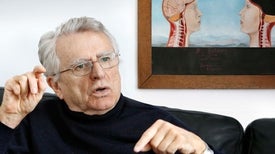
Prominent German Neuroscientist Committed Misconduct in “Brain Reading” Research
A German funding agency imposes strict sanctions on Niels Birbaumer, whose studies, it says, contained incomplete data—but Birbaumer stands by his work
Alison Abbott works for Nature magazine.

A German funding agency imposes strict sanctions on Niels Birbaumer, whose studies, it says, contained incomplete data—but Birbaumer stands by his work
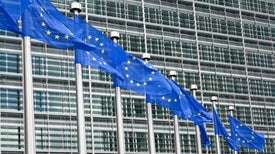
AI enhancement and a virtual time machine are included in the short list of pitches
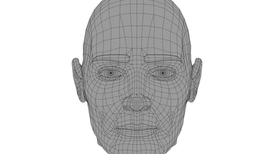
Doris Tsao mastered facial recognition in the brain. Now she’s looking to determine the neural code for everything we see

Document shows he lied about his alterations
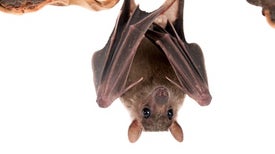
How does the brain know where it is? Nachum Ulanovsky hopes his flying friends can help him find the answer
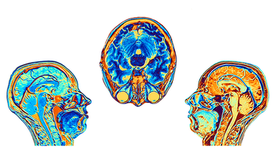
Deep-learning algorithm spontaneously mimicked the activity of specialized neurons that tell us where we are in space
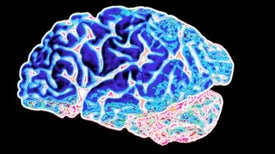
Scientists want to combat dementia and neurodegeneration by keeping the brain’s immune system from going rogue
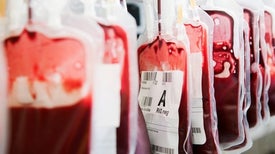
The controversial approach aims to rejuvenate old tissue

New coalition could face battles over gene editing and climate regulations

Modeled on big physics projects, International Brain Lab will bring together preeminent neuroscientists to probe a single behavior
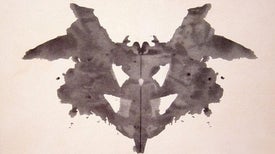
The simplicity of the stains' repeating patterns is key to why we see so many images in them
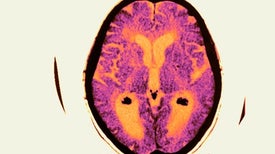
The drug, and others based on the “amyloid hypothesis,” are still being tested in other, different trials
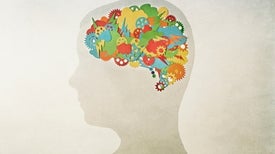
New NIMH chief Joshua Gordon says he will focus on quick wins, brain circuits and mathematical rigor

Europe is experiencing the largest movement of people since the Second World War. Researchers struggle to help the migrants cope with the trauma of displacement

Political turmoil spreads to the education sector

Political and economic uncertainty fuels fears over the future of science funding and collaboration

A court ruling paves the way for disease-containment measures, but the risk of spread to other regions and nations remains
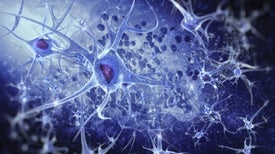
The Human Brain Project asks wider neuroscience community to start using its hardware and software
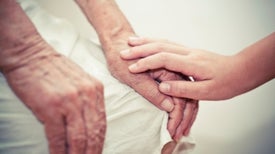
A controversial study has suggested that the neurodegenerative disease might be transferred from one person to another. Now scientists are racing to find out whether that is true
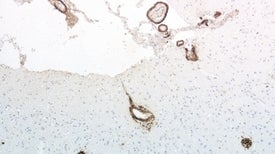
The disease is not normally infectious, but people who received grafts from cadavers did show telltale markers in their brains
Support science journalism.

Thanks for reading Scientific American. Knowledge awaits.
Already a subscriber? Sign in.
Thanks for reading Scientific American. Create your free account or Sign in to continue.
Create Account